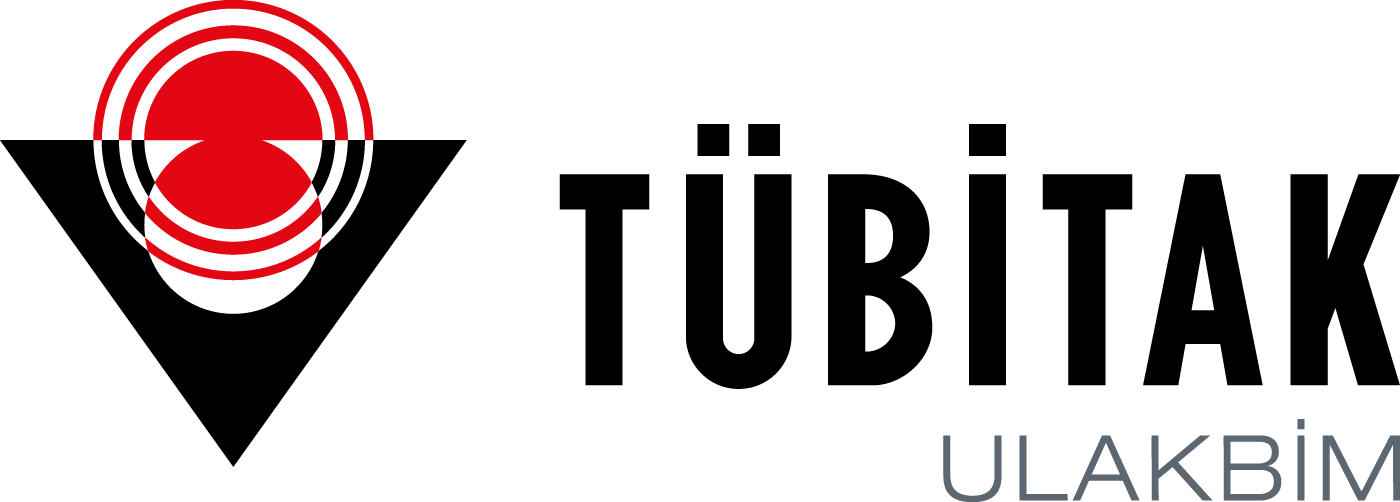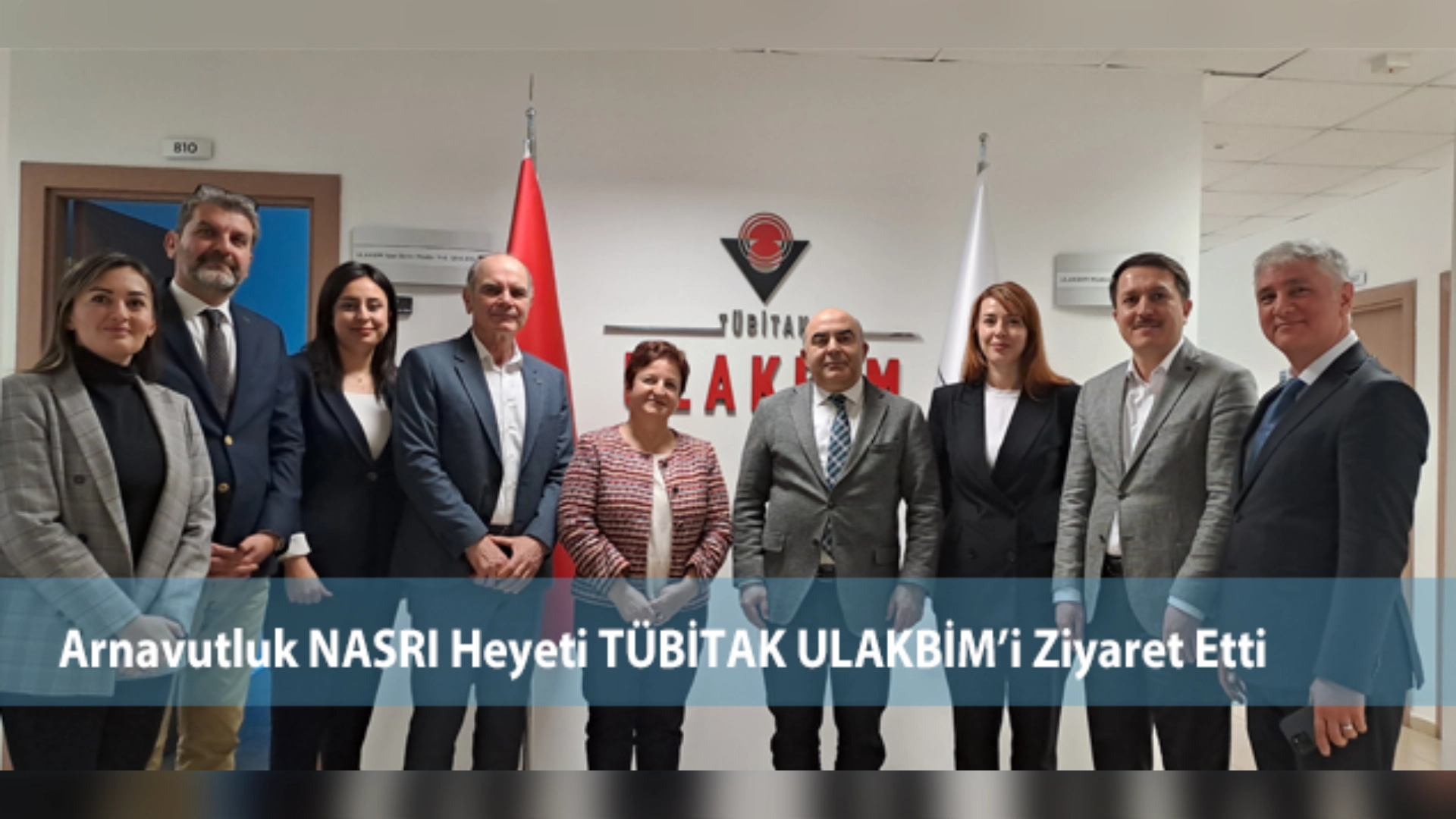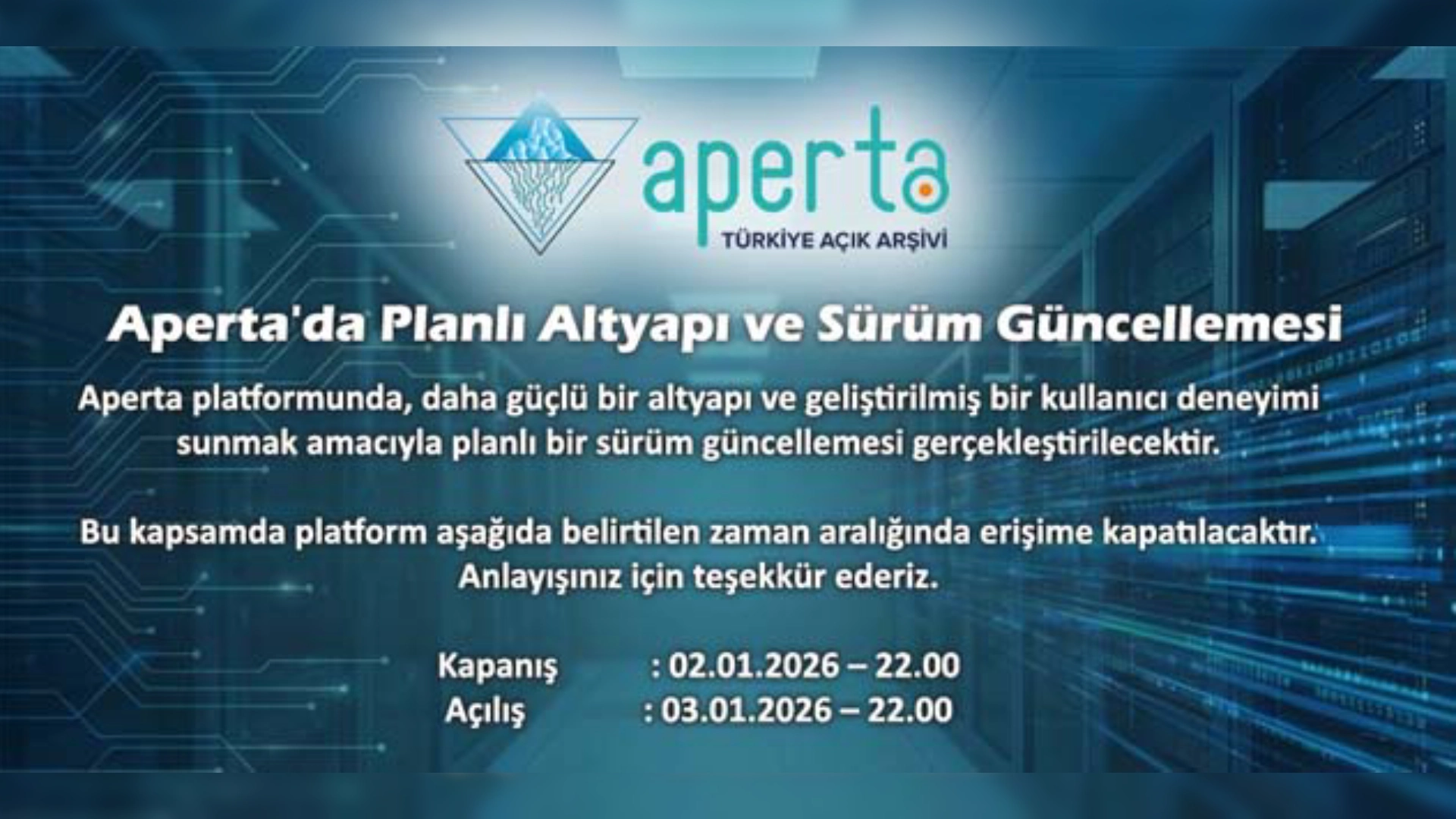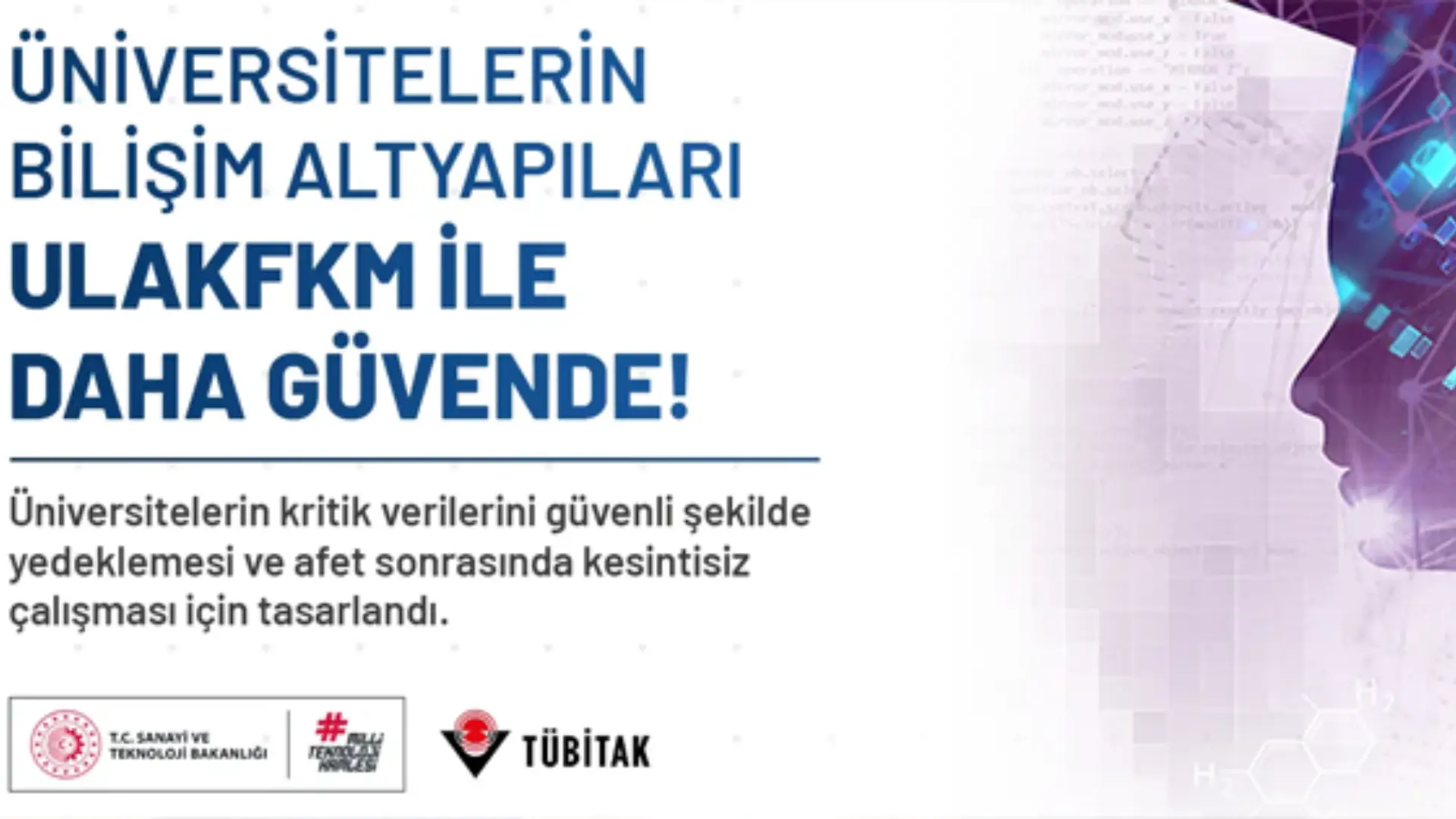The 3rd Public Open Source Conference, which was organized under the leadership of TÜBİTAK ULAKBİM, was completed with an intense participation.
In his speech here, Prof. Dr. A. Arif Ergin, President of TÜBİTAK, said that the open source issue corresponds to one-eighth of the iceberg, and that the real issue is the "digital agenda". Pointing out that Turkey embraces the digital agenda very well with its human resources, management and the willingness of the public, Ergin said that Turkey is one "click" ahead of other countries in this regard.
Stating that the issue is not limited to license addiction, the main issue is security, Ergin said: "Because we are talking about a place where our data, information, photos, private and official lives, all kinds of applications and signatures are kept. With the new identity cards, we are talking about an area where all personal data and information will be kept, not just 3-5 photos. If we cannot ensure the security of this place, if we try to manage it with software that we cannot control what is written in it, then it is very clear that we will be in a great heedlessness and delusion. In this respect, we are faced with the issue of not letting others manage our security. This issue is not only a matter of software migration, but also one that should be addressed as a matter of national independence."
Stating that they offer various solutions under the Pardus label and that they will continue to work in this direction, Ergin said: "In the 2011-2013 period, the Pardus organization in TÜBİTAK had completely collapsed with the great efforts of the known structure. President Recep Tayyip Erdoğan's instruction on Pardus was a trigger for the decisive steps taken in this regard, and a great effort was made to revive it in 2014, and three years later it was made available in a number of fields, especially in the armed forces."
Ergin said that documents and files prepared in the digital environment have a format and that certain programs are needed to operate on them.
For example, Ergin pointed out that a work prepared in Microsoft Office is formatted in "doc" or "docx" format, and emphasized that there are difficulties when these formats are opened in LibreOffice, OpenOffice or other software developed by other developers. Ergin continued as follows:
"This gives us a dependency: If you want to open documents prepared in Microsoft Office, you have to buy this software and pay an annual license fee. There are worldwide standards such as Open Document Format (ODF), which has been defined if you are going to make a power point presentation, prepare a spreadsheet or prepare and present a document. If we switch to this, we will minimize our dependence on Microsoft or Mac for office software."
First of all, we will adopt the open document format in our internal work. Microsoft and Mac users will also be able to open it, but those who send and receive documents to us with open source software other than these will be able to use it. As long as I have switched to an open source-based format within my own organization. After we have established this within our own organization within 6 months, we will reject office formats in all correspondence and information formats to be made with TÜBİTAK as of mid-2018. In addition, we will request the presentations of those who apply for projects, referee or evaluate on our behalf, and participate in our conferences in open document format."






